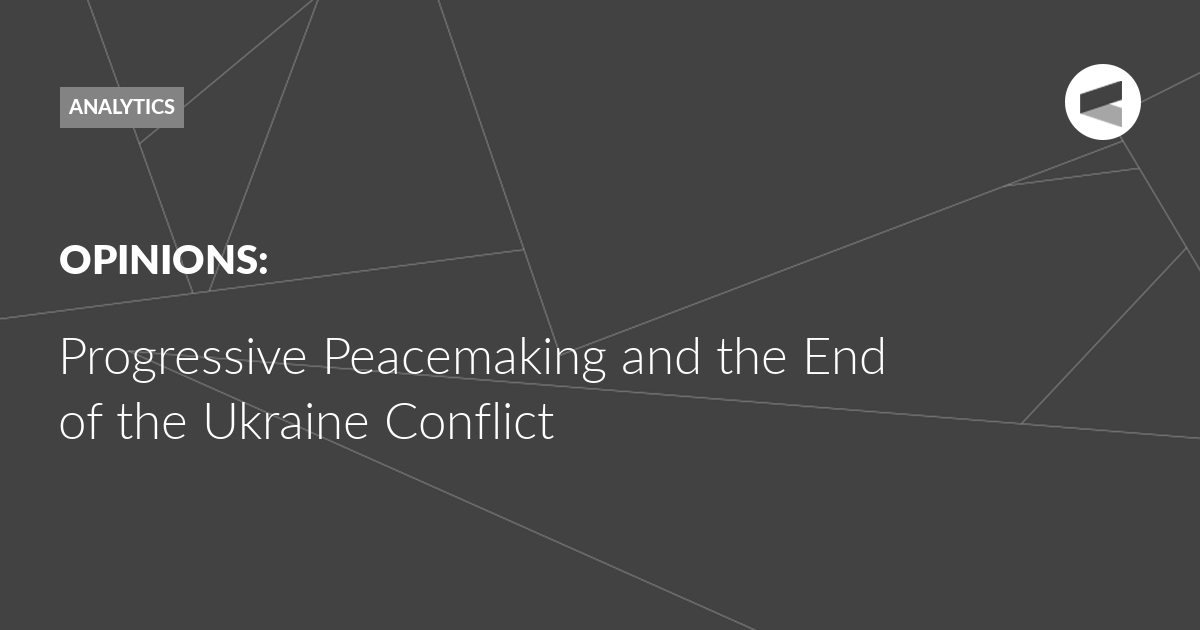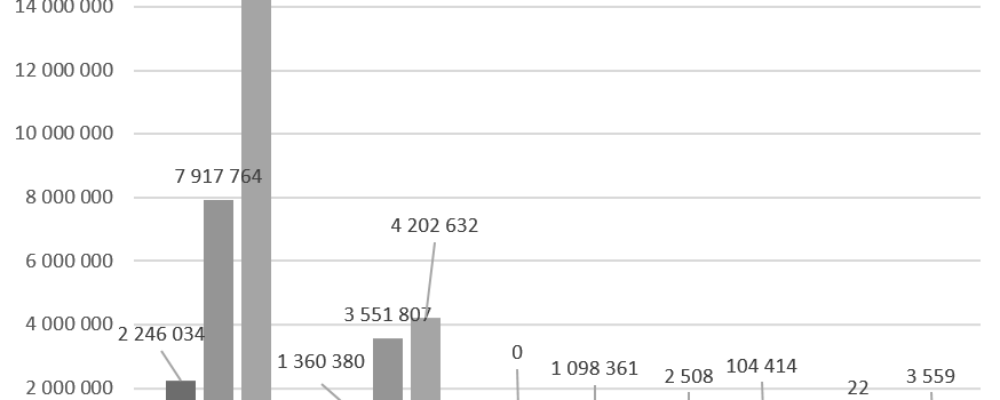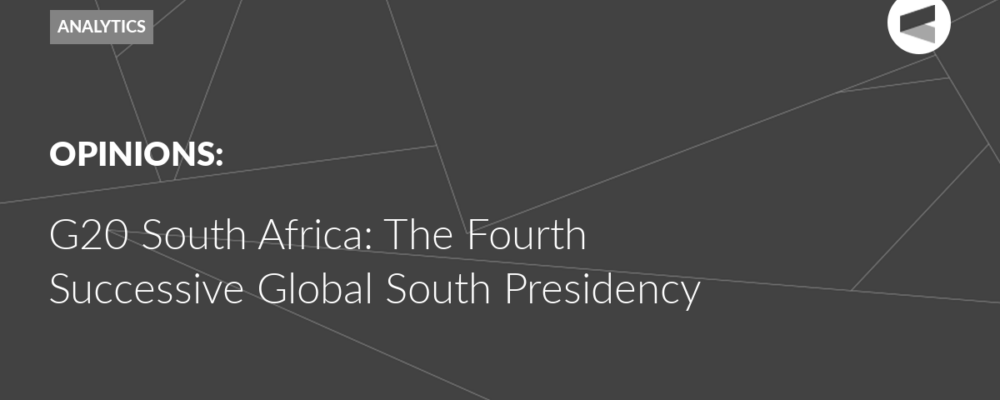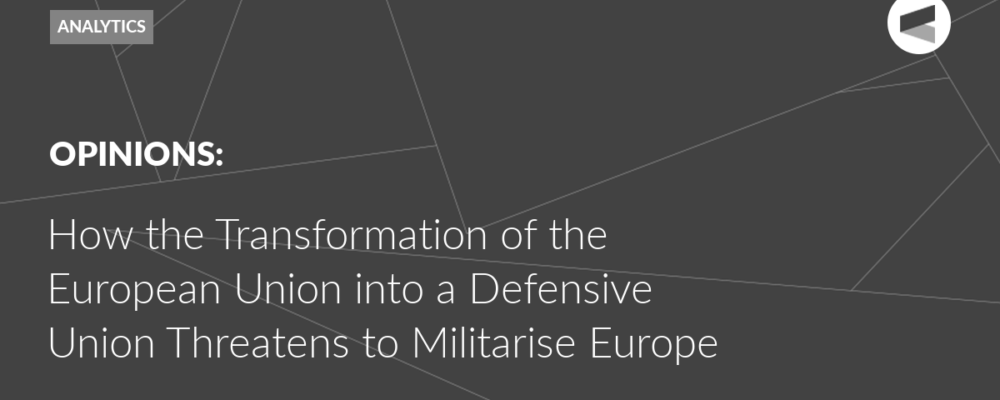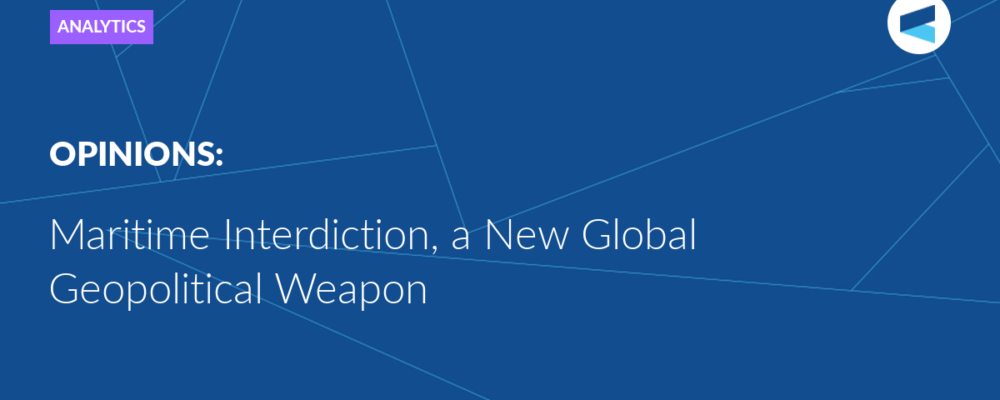The cold war didn’t remain cold of its own accord. In the absence of the rising global peace discourse fostered by postwar peace movements, the cold war would have been even more dangerous and, perhaps, never-ending.
The original, and most powerful, postwar peace movement was led by the World Peace Council (WPC) – a global network of millions of activists that from the 1940s through to the 1960s had a huge impact on public opinion in countries on both sides of the so-called ‘iron curtain’. The WPC was Soviet-sponsored and its activist base was buttressed by the international communist movement, but its aspiration for a world society based on a regime of peace was wholly authentic and often in tension with Moscow’s narrower geopolitical interests.
The struggle for peace was domestic as well as international and it was the global peace movement, not least its Soviet supporters, that fostered the USSR’s self-identity as a peace-loving state. Hostilities in Ukraine notwithstanding, that benign, peace-loving identity remains an enduring legacy for the foreign policy outlook of the Russian Federation,.
Though demonised as Soviet stooges, WPC leaders valorised their links to the USSR because it provided them with an avenue of state influence to further their peace project. They esteemed people-to-people diplomacy, but also sought to work towards their goals through traditional diplomacy.
While progressive peacemakers do seek solidarity across national boundaries and eschew strict interpretations of the principle of non-interference in the internal affairs of sovereign states, they tend to be wary of their internationalism being tainted by the manipulations of self-serving state actors.
Arguably, there is no inherent contradiction between the pursuit of universal peace and an emergent multipolar world based on state sovereignty and a balance of power and interests. It all depends on the values and multilateralism of the new order, above all, how seriously states treat the precepts of International Law and the UN Charter.
The character of the peace that ends the Ukraine war will be shaped by battlefield events and the statecraft of the principal participants. The justice and fairness of any negotiated settlement will lie in the eyes of the beholders.
While Jackson’s anti-hegemonist restrainers have been quite visible and even influential during the Ukraine war, especially in the United States, traditional peace activism has been at best marginal, and that isn’t going to change anytime soon. Nor are the hawks who have revelled in the opportunities presented by the Ukraine war going to go away.
Yet never has the threat of atomic warfare been greater. More relevant the peace movement’s prioritisation of the existential threats of the nuclear age.
The Valdai Discussion Club was established in 2004. It is named after Lake Valdai, which is located close to Veliky Novgorod, where the Club’s first meeting took place.
Please visit the firm link to site


